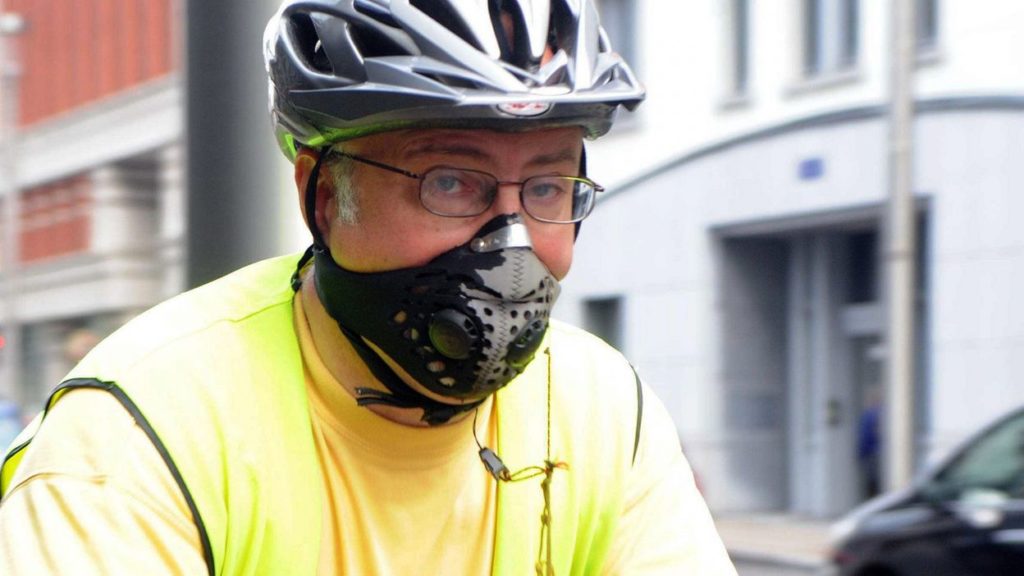Short-term exposure to air pollution peaks can have a deadly outcome in the immediate or very short term, a new international study found.
The study, published in the leading New England Journal of Medicine, aimed to study the immediate effects of pollution peaks on human mortality by looking into nearly 60 million deaths across the world.
The results showed that high concentrations of inhalable fine particles, which pack the air during pollution peaks, can increase daily mortality risks and up the risk of cardiovascular and respiratory-linked deaths.
"Our data show independent associations between short-term exposure to PM10 and PM2.5 and daily all-cause, cardiovascular, and respiratory mortality in more than 600 cities across the globe," the study concludes.
The study also said those mortality risks rose by 0.44% whenever the particulate matter (PM) had a diameter of or smaller than 10 micrometres (PM10s), with the risk rising further (0.68%) with PMs of or smaller than 2.5 micrometres (PM2.5s).
Drawing from data from 24 different countries in the six continents, the study looked into a total of 652 cities located mainly in Europe, Asia and North American. While it is not globally representative, it is the largest study of its kind to ever be conducted.
While an increase of less than 1% may appear minimal, the negative effects of the pollution peaks can be exacerbated during sunny or windless days, according to local media.
"My patients' lung function is worse on days with poor air quality," physician and pneumology expert Guy Brusselle from Ghent University told Het Nieuwsblad. "At peak times we see more patients with severe asthma attacks, sometimes leading to emergency hospitalisation."
"If those people don't get here fast enough, it can be life-threatening," he added.
Improving the air quality by reducing the concentration of PM10s by 10 micrograms could avoid 281 acute deaths —meaning the deaths that occur within two days after a pollution peak episode— 44 of which would be in Brussels, epidemiologist Tim Nawrot of Hasselt University told the outlet.
Gabriela Galindo
The Brussels Times

